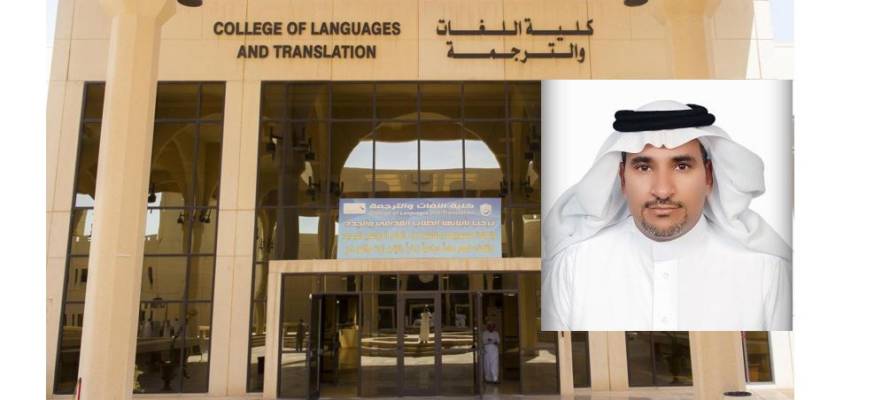A Saudi professor who is fascinated with the Hebrew language will publish a paper in a Tel Aviv University academic journal.
By Yakir Benzion, United With Israel
Tel Aviv University announced Monday that it is making history by publishing the first-ever paper submitted to an Israeli academic journal by a Saudi Arabian scholar.
The “unprecedented article in an Israeli Academic Journal” was submitted by Hebrew language researcher Prof. Mohammed Ibrahim Alghbban, head of the small Hebrew Studies group at the Department of Modern Languages and Translation at King Saud University in Riyadh.
Alghbban’s 19-page paper in perfect academic Hebrew focuses on the image of Muhammad, the founder of Islam, “in the eyes of the Israeli public,” in addition to his “covenants and correspondence with the Jews of the Arabian Peninsula.”
In the paper, Alghbban claims that Muhammad had good relations with Jews and only clashed with them on political, not religious, grounds. The university said the paper was published due to increasing calls in Saudi Arabia and the Arab League to pursue inter-religious understanding for cooperation with Jews and Israel to achieve peace.
Alghbban is an exceptional character in Saudi Arabian academia. In a 2018 interview with Tablet magazine he described seeing Israel from a distance while on vacation near the southern junction of Israel, Jordan, Egypt and Saudi Arabia. A chance encounter listening to Israel Army Radio sparked an interest in the Hebrew language. When starting university in Saudi Arabia he met an Egyptian archaeology professor and learned ancient Hebrew.
In the late 1990s Saudi Arabia started offering Hebrew at university, but because it was so limited, Alghbban went to America for a masters degree in Hebrew at Indiana University. He was the only Arab in the class – his fellow students were American and Israeli Jews. After gaining his PhD in 2011, he returned to Riyadh to teach Hebrew literature and translation.
“King Saud University is the only institution in the Gulf that teaches Hebrew at the undergraduate level,” Alghbban said. His advanced literary translation course features short stories by Israeli authors like Nobel Prize laureate S.Y. Agnon.
“I love Agnon; he’s the leader of modern Hebrew literature,” he said.
The Hebrew program is part of the department of modern languages and translation and has some 40 students and four faculty members. It’s one of the easiest departments to get accepted into because there is virtually no demand, he said.
No Longer the ‘Language of the Enemy’
“A decade ago, Hebrew used to be considered the language of the enemy. Now it’s the language of the other,” said Alghbban
For the Tel Aviv University journal, Alghbban said he decided to write the article in Hebrew in order to improve the image of Muhammad in the eyes of the Israeli public.
“Erroneous assumptions about the origins of Islam, proposed by Oriental Studies researchers in the previous century – some of which were written in Hebrew – led to a distorted understanding of manuscripts, wrong methodology, and negative influences on Hebrew-speaking Middle Eastern Studies researchers,” he writes in the introduction.
To “right this wrong,” Alghbban translated them in his article.
Prof. Raanan Rein, head of Shalom Rosenfeld Institute, which publishes the journal, stressed that the article is important mainly for the unprecedented choice of a Saudi researcher to publish his article in an Israeli academic journal in order to bring the two nations closer.
“I hope that this academic cooperation is another step towards economic and political cooperation,” Rein said.
